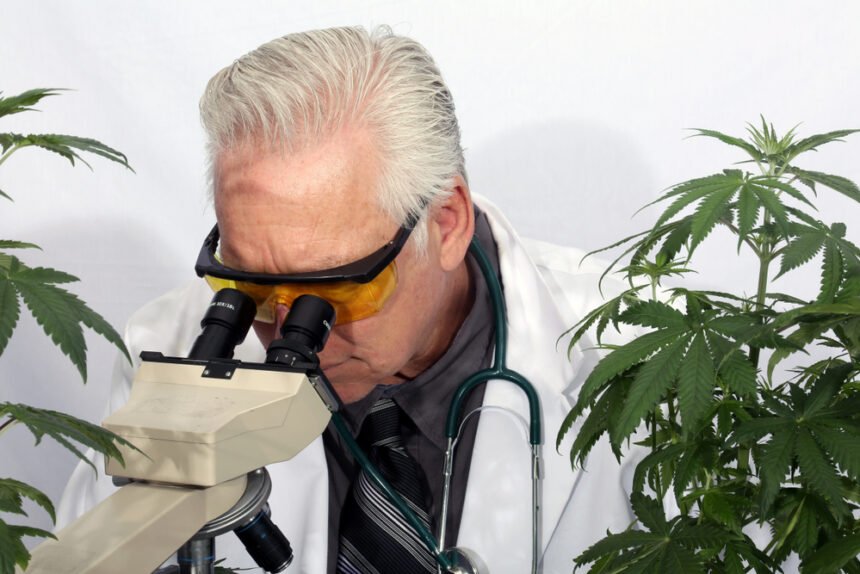As the United States grows increasingly favorable towards legalization of cannabis, remarkable studies are being done that showcase the health benefits of the plant. Cannabidiol (CBD) remains the hottest cannabis-based compound for research. Take a look at these five recent studies that showcase the health benefits cannabis can have.
For Addiction Treatment
A recent study tested the effects of transdermal CBD administration to see if it could have a positive impact in reducing non-opioid addictions. The addictions addressed in the study were alcohol and cocaine use. Several behavioral factors can lead to a relapse including anxiety from withdrawal and heightened impulsive thinking. CBD itself does not contain any addictive properties, so it could be an effective treatment to dampen these feelings of anxiety and lower impulsive decision making that goes along with that anxiety. Transdermal gel or patch administered to human patients found that it lowered both anxiety and impulsive decision making. This study could mean that CBD is an effective means of helping treat addiction.
Helps Improve Cancer Treatments
Another recent study performed on mice discovered that CBD might be useful at improving the efficiency of cancer treatment patients. Mice that received both CBD and radiation therapy were found to have smaller tumors and a better survival rate compared to mice who only received radiation therapy. The CBD was administered over time so it came into contact with the tumor cells more often. No trials have been done with human patients yet, but this could be promising in helping cancer patients survive.
Treating Brain Changes from Cannabis Use
A team of neuroscientists from Australia has conducted a study to determine whether CBD could affect changes in the brain from regular cannabis use. Regular consumption of THC-rich cannabis can cause changes in the hippocampus region of the brain. These neuroscientists tested whether a CBD capsule given four times daily would affect the size of the hippocampus. The research found that parts of the hippocampus were smaller in those who did not consume cannabis. With ten weeks of CBD therapy, regular cannabis users saw an increase in the size of the hippocampus. Those users who had more CBD in their blood plasma reported larger changes in the brain.
As an Anti-depressant
Scientists from Brazil have published a new report on the effects of CBD in lab rats to treat rodent models of depression. CBD reduced behaviors associated with clinical depression in both mice and rats. Some of these rats were classified as “depression-prone.” Anti-depressant qualities were observed after just one CBD dose was given to the rodents and persisted for up to seven days afterward. Anti-depressant effects linked to CBD are associated with changes in brain chemistry in certain regions of the brain. CBD increases the brain chemical BDNF in both the prefrontal cortex and the hippocampus. It also increased the number of connections between brain cells.
Conclusion
As you can see, numerous different studies are looking into the effects of cannabinoids on the brain. Emergent cannabis brands like GGB are relying on scientific studies to demonstrate the health benefits of their products. These scientific studies are just a small handful of studies that have been published this year, proving that cannabinoids could help create new medical treatments for several different conditions.

